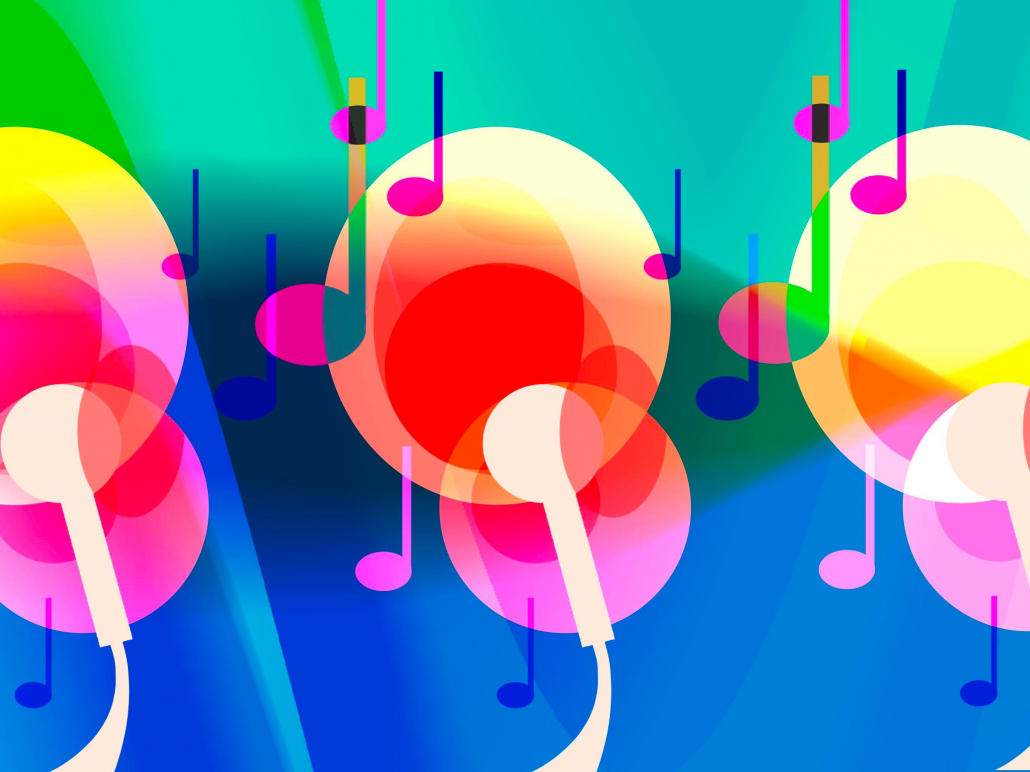The Beat Lives On: Music discovery is evolving

Since the rise of the internet and technology, gone are the nostalgic days of over-the-ear headphones, Walkmans, portable radios, MP3 and CD players. With new social media platforms booming, changing the game of viral music marketing and creating overnight successes, there are so many more ways of accessing and discovering music than ever before.
Though methods of music discovery have shifted from generation to generation, technology in its different forms, especially within the 20th and 21st centuries, has always had an influence on our consumption and music listening habits.
Before, when people wanted to hear new songs or artists, they’d turn to their favorite radio stations and wait to hear the latest releases.
Enter the digital era and streaming revolution. Now, with such a wide catalog of music constantly at our disposal, the advancement of technology has made it possible to tune in anywhere at any time.
Nonetheless, the radio is still a stable player in the music industry today, but with innovative streaming platforms on the rise, physical sales and digital downloads have been on the decline. Whether you’re an audiophile or not, you don’t have to leave the house to buy music anymore. Music these days has become a lot easier to discover, stream and play.
In 2018 alone, 75% of the recorded music industry’s revenue came from music streaming.
As today’s most dominant form of music listening and discovery, streaming has allowed people to listen to more music than ever before, and it’s now become easier for smaller artists to be heard.
The average American music listener in 2019 spent nearly 27 hours each week listening to music on different devices — ample time to come across budding artists.
For me, much of those hours of music listening and discovering have been spent running NPR’s Tiny Desk concerts through my speakers all day. They give you the live concert experience from the comfort of your home without the noise of the crowd. Although, I will say, after over a year of not attending live shows, sometimes that sort of energy from a crowd is exactly what I look forward to post-pandemic.
For others, they may find new sounds by surfing through hours of niche playlists, reading reviews, watching music critics such as Anthony Fantano (The Needle Drop) on YouTube or picking up a few record recommendations at their local store from a close friend or family member.
Whether you’re an active or passive seeker of new music, the options are endless.
Each day, anywhere between 20,000 to 24,000 songs are uploaded to different music streaming platforms. In six weeks, that number nears one million tracks. These songs are not only composed of pop star icons but indie, unsigned artists and small musicians trying to break through the crowded audio storm infiltrating our feeds and vying for our attention.
In a close race behind streaming services for music discovery is social media — the new machine for launching artists to superstardom.
Scroll through your Twitter feed, and you’re bound to discover something music-related.
Unsurprisingly, according to MusicWatch, nine out of 10 social media users participate in music or artist-related activity through social applications.
TikTok, for example, has propelled the careers of Lil Nas X and Sueco the Child. SoundCloud launched the careers of Halsey and Post Malone. YouTube catapulted Alessia Cara and Tori Kelly’s careers — this list could end up being a whole page if I were to continue.
Clearly, music is a powerful force that drives our daily lives and interactions on social media. It’s all around us. It’s not hard to hear a song you’ve never heard before while walking through a grocery store or getting your hair done. But finding a song you love may take a little extra digging.
Even when you’re not explicitly looking to discover music, it finds a way. Emily Sagen is a senior writing about music’s lasting impact. She is also an arts & entertainment editor at the Daily Trojan. Her column, “The Beat Lives On,” runs every other Friday.

